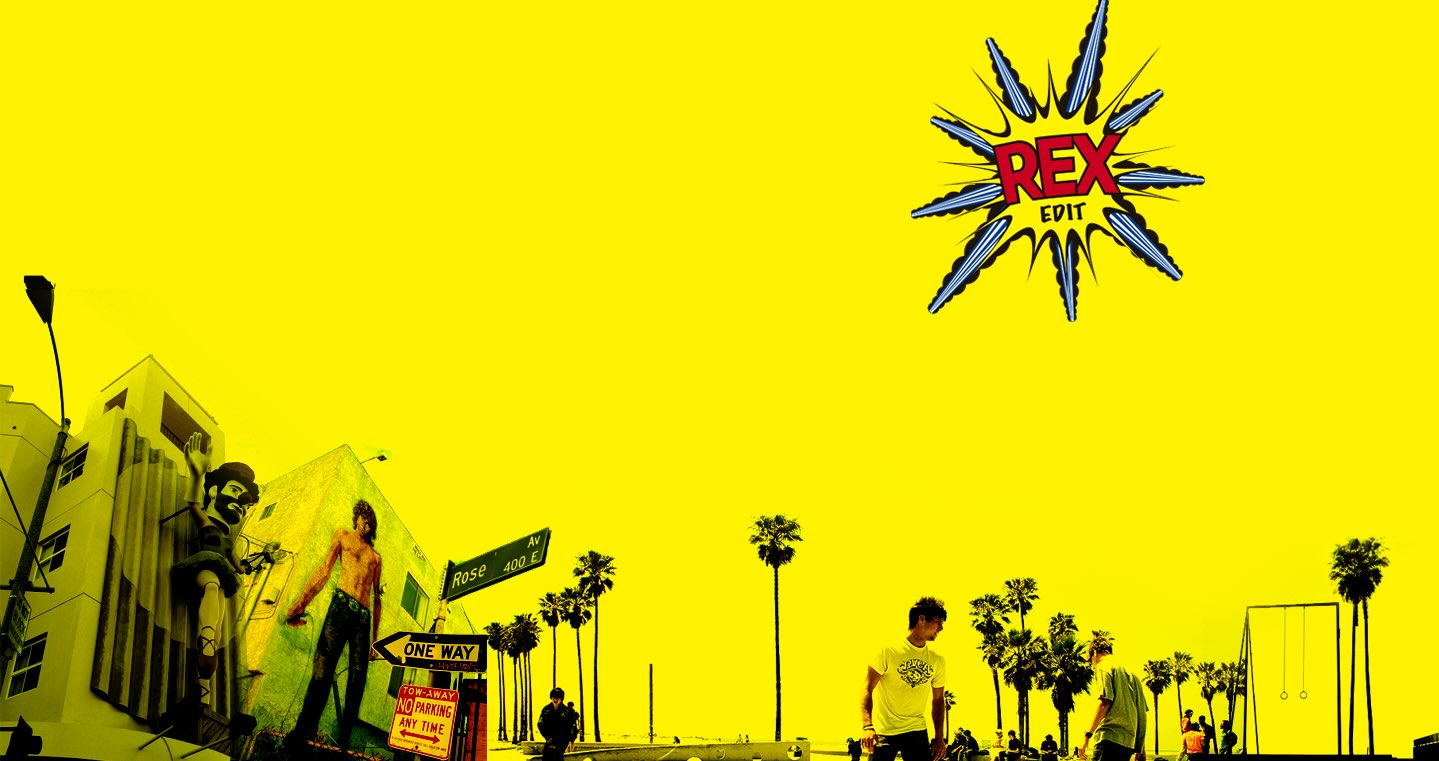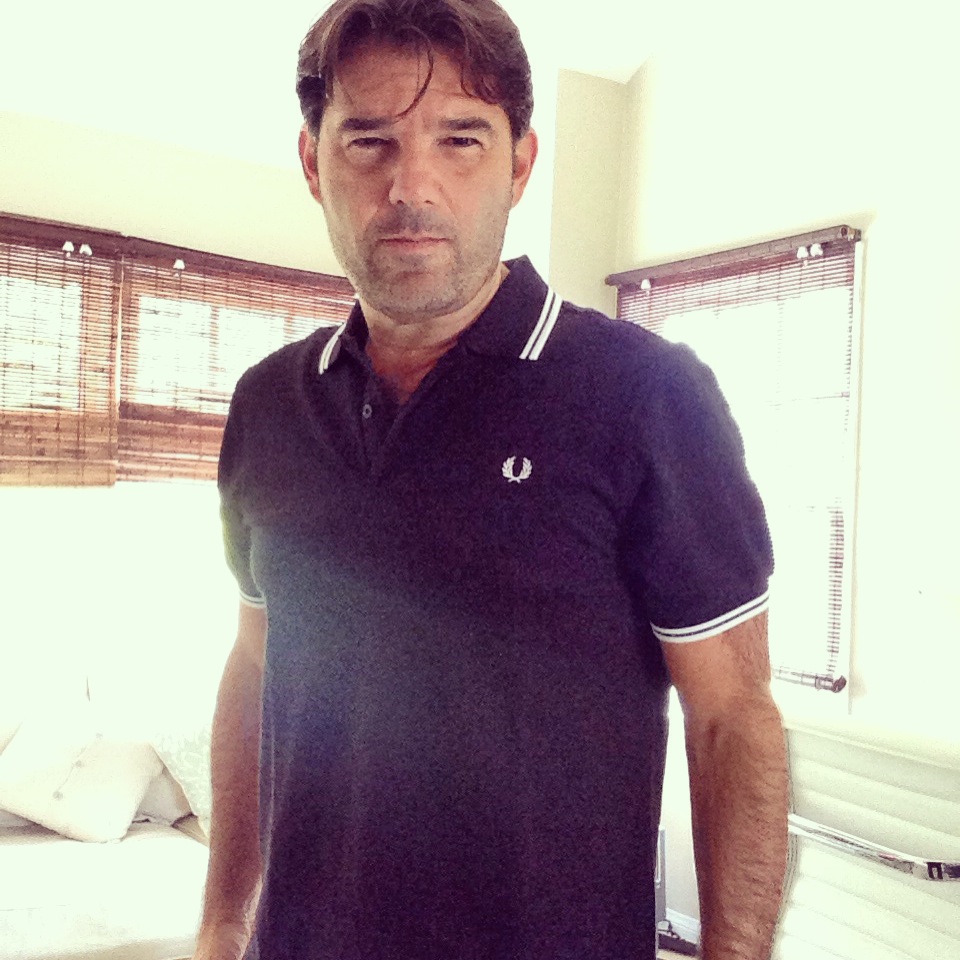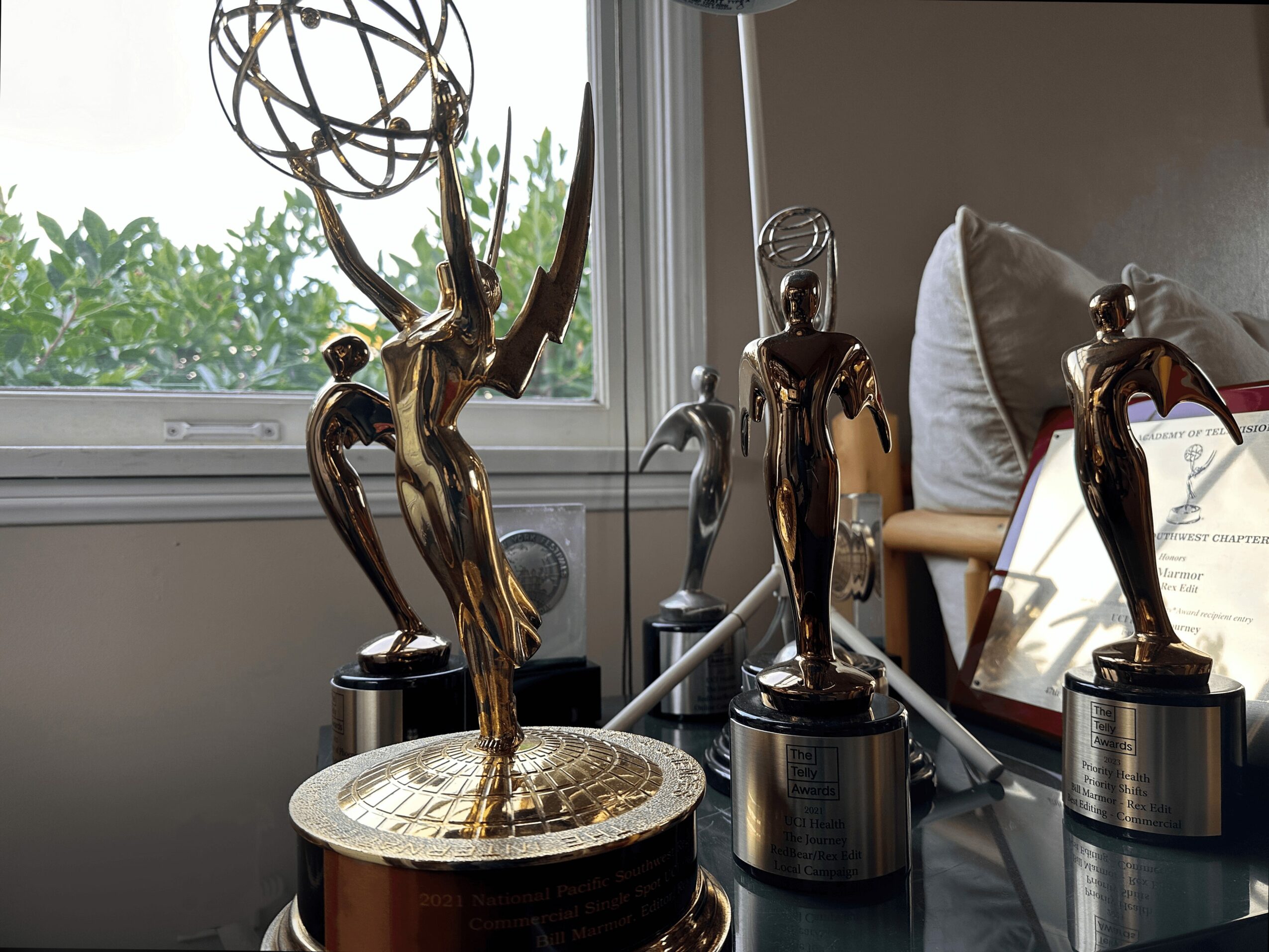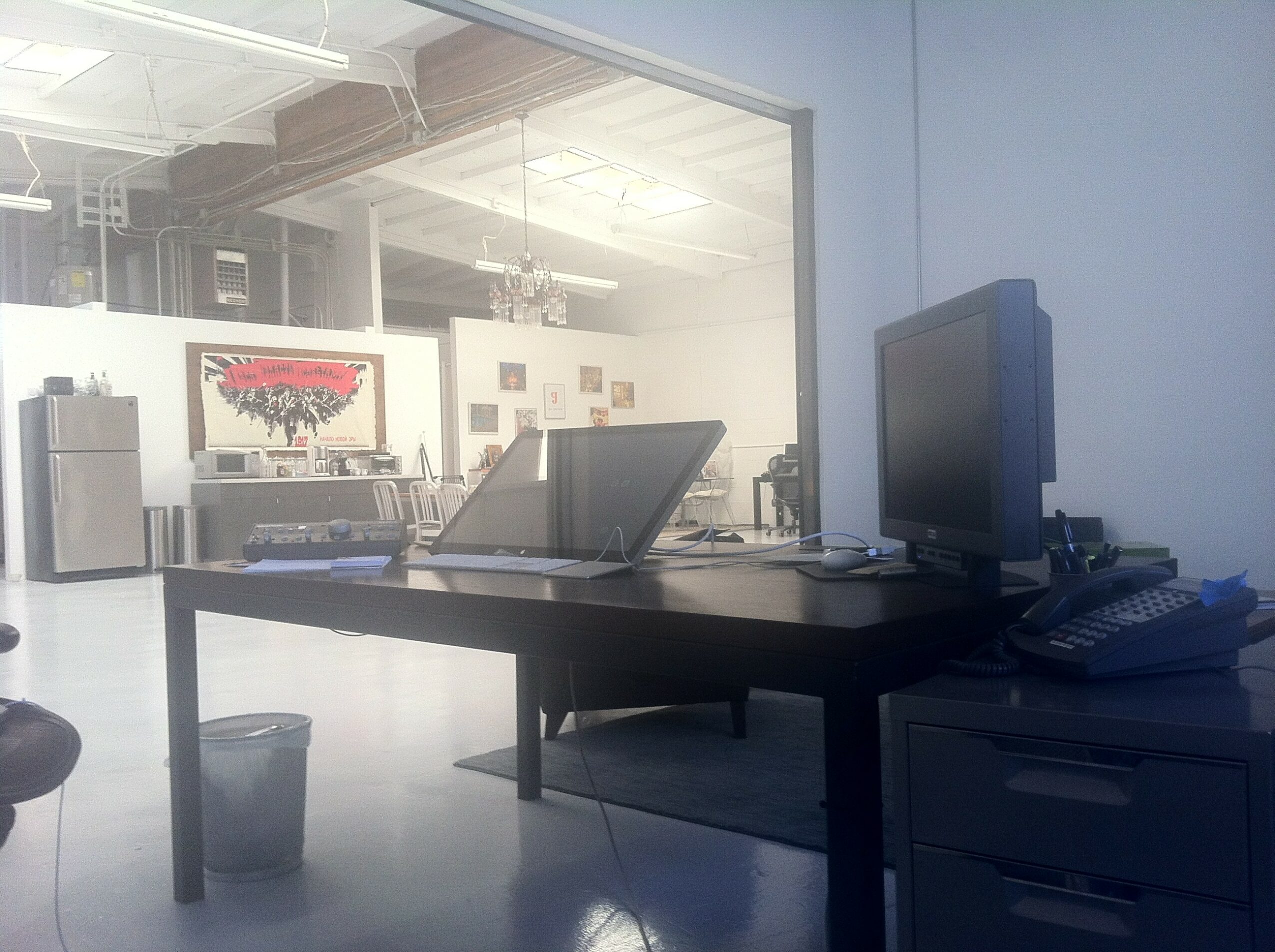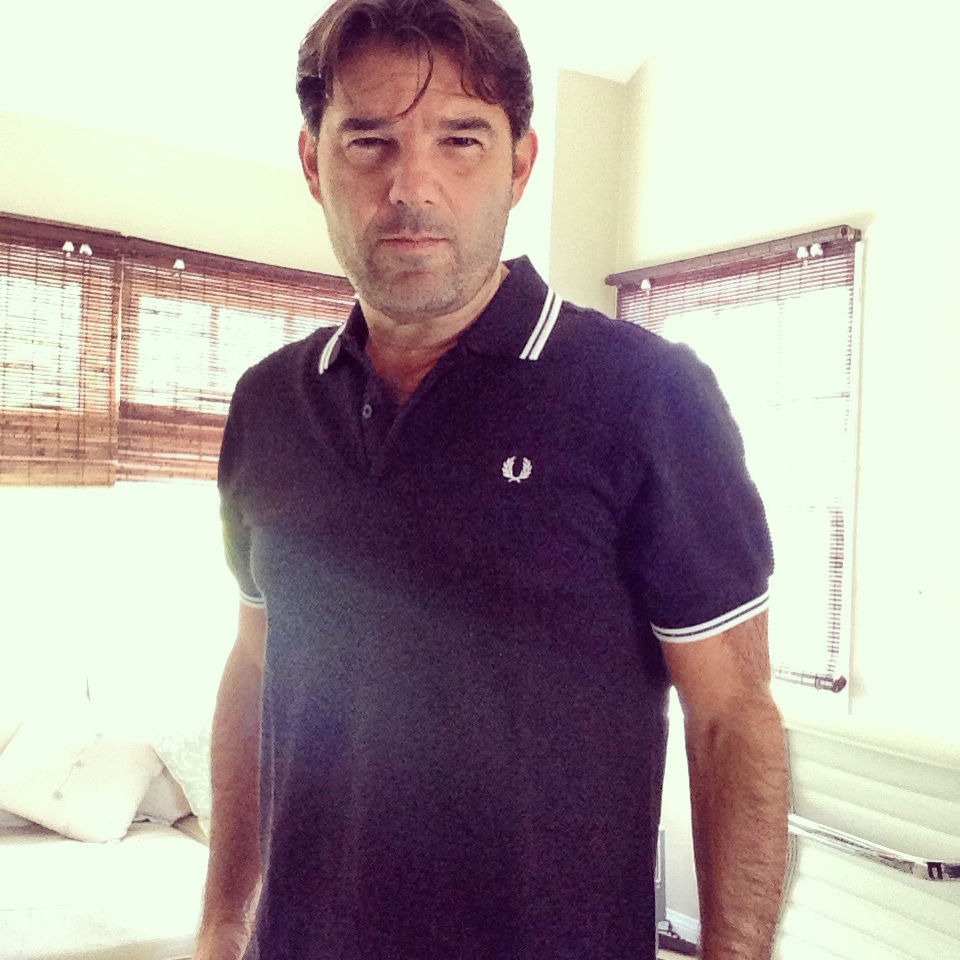

We recently had the chance to connect with Bill Marmor and have shared our conversation below.
Bill, it’s always a pleasure to learn from you and your journey. Let’s start with a bit of a warmup: Who are you learning from right now?
Who am I learning from now? AI.
In the past, my mentors were people—seasoned experts, researchers, filmmakers, and historians. They were my go-to sources for knowledge and insight. But today, that role is rapidly shifting. Now, it’s AI.
With AI, I can get detailed answers in seconds, explore complex concepts, and have deep, interactive conversations that sharpen my skills. It’s not just about finding information. It’s about applying it instantly to my work.
The pace of change has never been faster. Keeping up isn’t enough; staying ahead of the curve is the only path to success. AI isn’t just part of that journey—it’s the vehicle that’s going to get us there.
Can you briefly introduce yourself and share what makes you or your brand unique?
Bill Marmor is an Emmy-winning editor with over 30 years of experience shaping stories for the screen. Known for his speed, precision, and creative intuition, Bill has cut hundreds of award-winning commercials for global brands including Nike, Pepsi, IBM, and Coca-Cola, collaborating with visionary directors such as Joe Pytka, Tony Kaye, and Richard Donner.
In addition to his commercial work, Bill has brought his storytelling expertise to feature films, documentaries, and scripted projects. His work blends a deep understanding of narrative rhythm with a sharp visual sensibility, making him equally adept at fast-paced, high-impact edits and nuanced, emotionally-driven storytelling.
As the founder of Rex Edit, a boutique post-production company, and later as a sought-after freelance editor, Bill has built a reputation as a trusted creative partner who can elevate any project under tight deadlines. His recent ventures include producing and developing feature films, adapting acclaimed literary works, and creating documentaries such as The Nightmare King, a deep dive into the cinematic influence of horror master Mario Bava.
Whether in the edit bay or on the producing side, Bill brings a storyteller’s mindset to every frame—crafting work that engages, inspires, and leaves a lasting impression.
Okay, so here’s a deep one: Who taught you the most about work?
Who taught me about work and work ethic? My father.
He was both a judge and a teacher—a founding father of workers’ compensation law in California, helping pave the way for the protections we benefit from today. Twice a week, he also taught, sharing his expertise with the next generation.
But none of it came easy. He compressed college and law school into just five years, built his career through relentless dedication, long hours, and the capacity to deliver under pressure.
What impressed me most, even as a child, was that his success never came at the expense of being a father. He made it to every little league game, never missed a practice, and was fully present when it mattered. That balance—between professional excellence and personal commitment—has shaped how I see work, life, and what it truly means to succeed.
Was there ever a time you almost gave up?
When I set out to become an editor, I didn’t have the luxury of time or money. I gave myself one year—first step, land a job as an assistant. If it didn’t happen, I’d go to law school.
Maybe it was luck, maybe it was talent—or more likely, a relentless mix of both—but after many long nights and countless hours honing my craft, I made the leap. In less than a year, I was an editor. At just 23, I was cutting actual film, full time, with a room full of clients watching every move.
It wasn’t just the start of my career—it was proof that hard deadlines, high stakes, and the will to deliver can shape the rest of your life.
Next, maybe we can discuss some of your foundational philosophies and views? How do you differentiate between fads and real foundational shifts?
Fads vs. Paradigm Shifts in Post-Production
Our industry has seen its share of fads—color trends, editing styles, and passing aesthetics that come and go. But true paradigm shifts are rare. The last major one was when film editing moved to video, and then to non-linear systems. That change was seismic. Many veteran editors never made the transition, unable to get up to speed, and the industry never looked back.
Now, we’re standing at the edge of the next real shift: AI. This isn’t a passing novelty. While today it may show up as dancing cats or strange memes, history tells us this is how revolutions begin—small, almost trivial applications that quickly scale into tools that redefine the craft.
In less than two years, AI has gone from niche to mainstream, and its integration into post-production will be brisk and dramatic. It will weed out those who refuse to adapt and replace—or outright make obsolete—many roles in the current timeline.
A fad changes how things look. A paradigm shift changes how the work gets done. AI will change how we do our jobs, and in doing so, it will reshape our industry for the foreseeable future.
Before we go, we’d love to hear your thoughts on some longer-run, legacy type questions. Could you give everything your best, even if no one ever praised you for it?
What if you gave your best and no one noticed?
My first question would be: Why are you doing it?
In a career, yes—you work to get paid, to be recognized. But at a deeper level, you’re challenging yourself. You’re pushing your own limits. And in that sense, success isn’t defined by applause or approval—it’s defined by whether you did the work you felt compelled to do.
Recognition from others is nice, but it’s a false flag. Who are they to judge? They haven’t walked in your shoes.
If you can look at yourself honestly and know you gave your best—that you didn’t hold back—then you’ve already succeeded. That kind of honesty with yourself is the foundation for every aspect of life.
At the end of the day, being your best isn’t just what matters—it’s what lasts.
Contact Info:
- Website: https://rexedit.com
- Linkedin: https://www.linkedin.com/in/billmarmor/
